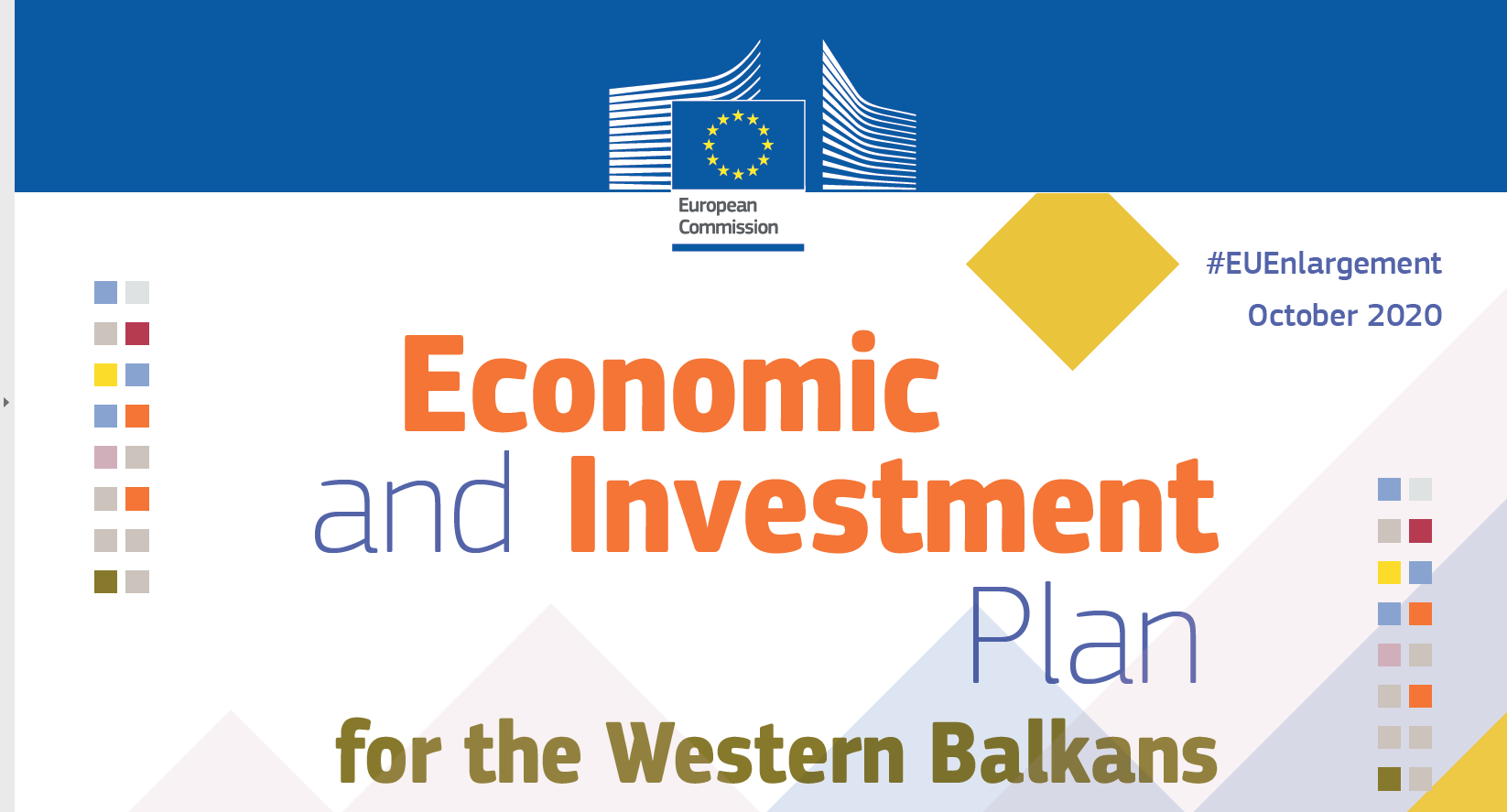Last week the Commission unveiled the new economic package for the Western Balkans Six called „Economic and Investment Plan for the Western Balkans”. The plan goes hand in hand with the Enlargement package which helps the countries towards faster recovery due to the global pandemic.

Will the less developed Western Balkan countries be able to develop their economies vis-á-vis the rest of the EU? Does digitalization and green investment take into account the basic needs of the region’s societies? The answer is more complex than it seems at first sight.
Commissioner Várhelyi stated that the Commission is willing to:
“mobilise up to €9 billion of funding for investment flagships in the areas of transport, energy, green and digital transition, to create sustainable growth and jobs. The Plan also offers a path for a successful regional economic integration to help accelerate convergence with the EU and close the development gap between our regions, ultimately speeding up the process of EU integration.”
The economic package seems to integrate multiple policy areas for the region to develop in unison in order to converge together. The main policy areas such as green and digital transformation are key areas to boost social mobility, social well-being, and competitiveness. It seems like the EU wants the region to use green investment programs in order to develop more economic leverage and to “be head of the game”.
First, investment in sustainable transport and high-speed railway and highway would connect the region with the EU. Extending TEN-T networks intra- and interregional would help put the “four freedoms” into practice.
The green energy transition and protection of the climate go hand-in-hand, where developing energy-interconnectors is key, together with sustainable waste management and providing clean, sustainable water source for citizens.
Boosting cybersecurity, lowering roaming tariffs and laying down broadband networks would improve every economic and social sector from education to defense in the region. Internet and 4G, 5G networks are necessary to develop human capital, digital social protection services, high-quality education and training and transport. Overall, the backbone of the economic package would be digital infrastructure development, without which no other policy area can exist.
Finally, to facilitate the transition, supporting SMEs and the private sector is important to make use of highly skilled workers and to make the Western Balkans more attractive for young people and to decreases serious brain drain.
The EU and the region will have to act now, since it is predicted that more talented people will leave the region once the Western Balkans countries enter the EU. Hopefully, the 5-10-15 year development programs will bring the region’s countries closer together in which they can embed themselves into the EU’s value chains.
A more mature EU-WB partnership could also deter contestations for power in the region regarding Russia, China and the United States. If successful, the EU could restore its credibility through the application of the new enlargement methodology, creating a win-win situation. With a new global economic and technological transformation at the door, the EU and the WB could benefit greatly from a stronger partnership to provide adequate answers for tomorrow’s challenges.
2020.10.14 Aron J. Miszlivetz